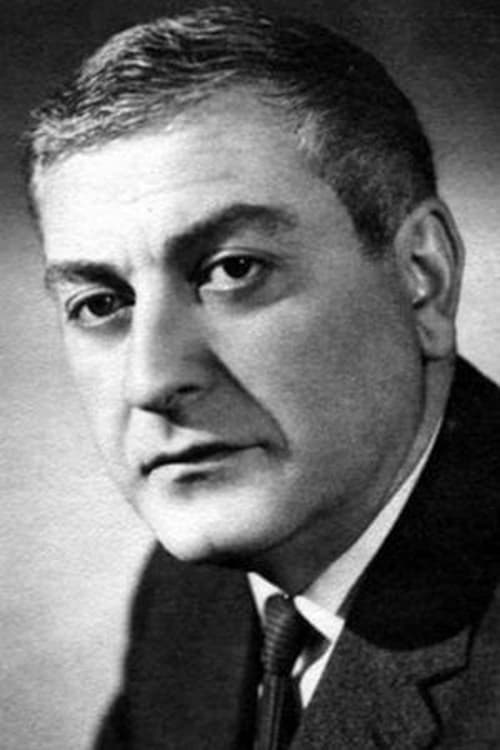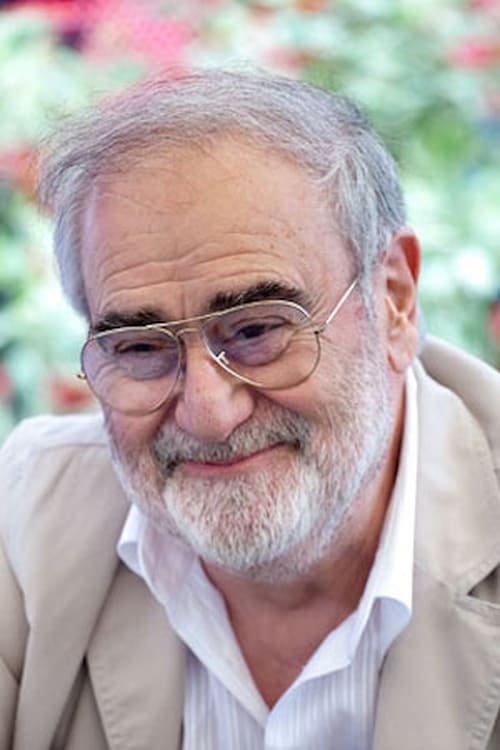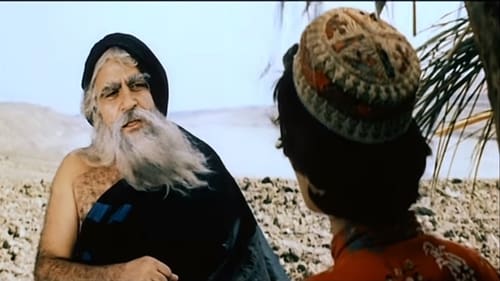The Way Home (1981)
ジャンル : ドラマ, 履歴
上映時間 : 1時間 18分
演出 : Aleqsandre Rekhviashvili
シノプシス
The way home for Aleksandr Rekhviashvili is not charted in the conventional sense. It takes the viewer along some peculiar roads and across a unique landscape: Georgian history and legend, politics and social stratification, religion and ethics. Allusive, stylized and allegorical from beginning to end, his long-banned The Way Home is in part a tribute to Rekhviashvili’s favorite director, Pasolini, especially to The Hawks and the Sparrows (1966). Together with the short film Nutsa (1971) and the widely acclaimed Georgian Chronicle of the 19th Century (1979; SFIFF 1983), The Way Home closes a triptych of films that represent Rekhviashvili’s poetic contemplation of Georgia’s past. It makes extensive use of poems by Bella Akhmadulina (the major female poet of the cultural ‘thaw’ of the ’50s and ’60s and a Georgian by descent), and of sets by Amir Kakabadze. Like other films in the trilogy, The Way Home is stunningly photographed in black-and-white.--Oxymoron
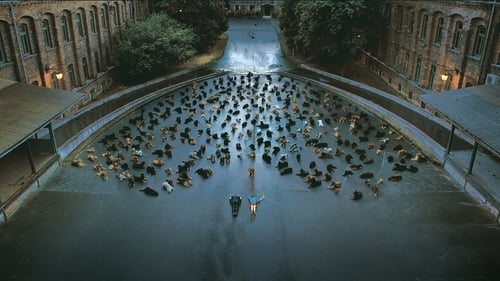
Failing in his desperate efforts to find his beloved owner, an abandoned dog eventually joins a canine revolt leading a revolution against their human abusers.
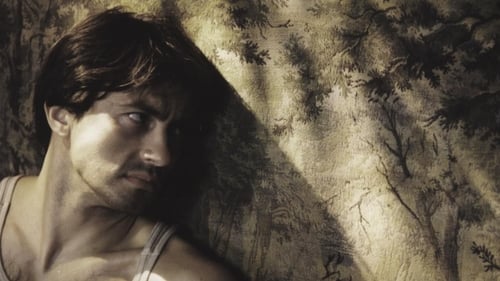
In this dreamlike film, a nameless father and his son, Aleksei, live together in an apartment in St. Petersburg. Aleksei's mother has died and consequently the two have a very close relationship. When Aleksei acquires a girlfriend, she refuses to take a back seat to his bond with his dad, and breaks up with him. Aleksei is also experiencing nightmares, dreading separation from his father to be a part of the military as his father was.

Lithuania, 1977. Memories of childhood, adolescence, and first love in a small provincial town, shown through complexity of human relations at this periodical film.

Banned in the Soviet Union for its "negative" content and never released, Kalatozov was forced to retreat from filmmaking for seven years because of this film. The film sets out to illustrate the old adage, "For want of a nail, the battle was lost," showing how the inferior quality of something so trivial as a nail in a soldier's boot leads inexorably to the capture of an armored train. Kalatozov had intended to demonstrate the crucial and universal importance of efficiency in Soviet industry, but the government decided that his fable gave a negative impression of the Red Army's capabilities.

A poetized chronicle of the events taking place in one of the Georgian villages in the late 19th century, when, to save a forest, the innumerous intelligentsia could rally the people and oppose the industrialists…

The way home for Aleksandr Rekhviashvili is not charted in the conventional sense. It takes the viewer along some peculiar roads and across a unique landscape: Georgian history and legend, politics and social stratification, religion and ethics. Allusive, stylized and allegorical from beginning to end, his long-banned The Way Home is in part a tribute to Rekhviashvili’s favorite director, Pasolini, especially to The Hawks and the Sparrows (1966). Together with the short film Nutsa (1971) and the widely acclaimed Georgian Chronicle of the 19th Century (1979; SFIFF 1983), The Way Home closes a triptych of films that represent Rekhviashvili’s poetic contemplation of Georgia’s past. It makes extensive use of poems by Bella Akhmadulina (the major female poet of the cultural ‘thaw’ of the ’50s and ’60s and a Georgian by descent), and of sets by Amir Kakabadze. Like other films in the trilogy, The Way Home is stunningly photographed in black-and-white.--Oxymoron

A full-blooded, interesting life has long eluded the house where a mother, father, son and daughter live. Trivial household matters, conversation at dinner about duty — that's all that connects them. The situation changes when it becomes known that the family inherited the village house, and that it will probably be necessary to enter into a struggle with the joint heirs. From the bottom of chests, old albums and documents confirming the priority of the family are extracted, and intrigues begin ...

The war is over. Once a young sculptor, and now a soldier, he returned home. Married, there were children. In search of work, he was hired to make grave monuments. Time passed... At one time, visiting a cemetery with friends, he saw with different eyes all his work done over the years...
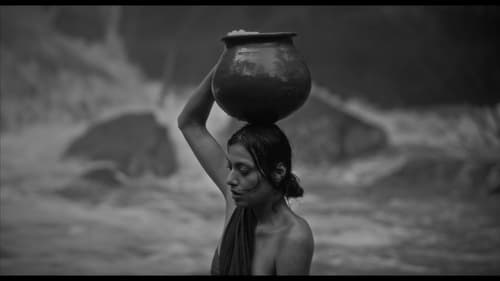
Two monks on a mission choose very different paths

The short film (conveyed in a parable-like story structure) follows a man devoted to himself and the blessings of his attributed god. He struggles to survive a primitive life and is forced to take action to ensure his own prosperity.

Directed by Zaza Khalvashi.
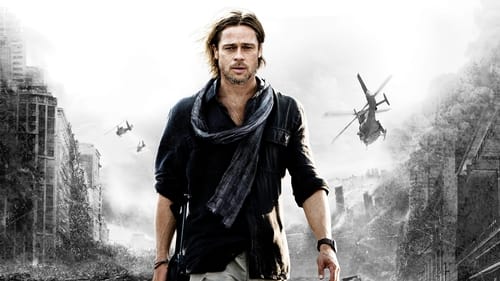
フィラデルフィアに住む元国連職員ジェリー・レインは、妻と長女レイチェルと次女コニーを学校に送るため自動車に乗っていたが、いつもとは様子の違う交通渋滞にはまってしまう。人間を狂暴化させる謎の疫病が世界各地で流行し始めており、フィラデルフィアの街はゾンビの大群に襲われていた。ジェリーは街を離れるが、携帯電話へ国連事務次長ティエリーから連絡が入り、現場への復帰を要請される。

Law enforcement officers Adam Mitchell, Nathan Hayes, and their partners stand up to the worst the streets have to offer with confidence and focus. Yet at the end of the day, they face a challenge that none of them are truly prepared to tackle: fatherhood. They know that God desires to turn the hearts of fathers to their children, but their children are beginning to drift further and further away from them. When tragedy hits home, these men are left wrestling with their hopes, their fears, their faith, and their fathering. Can a newfound urgency help these dads draw closer to God... and to their children?

サイレントからトーキーへと移り変わるころのハリウッドを舞台に、スター俳優の葛藤と愛を美しいモノクロ映像でつづるサイレント映画。アカデミー作品賞、監督賞、主演男優賞など5部門を受賞。
1927年のハリウッドで、サイレント映画のスターとして君臨していたジョージ・ヴァレンティン(ジャン・デュジャルダン)は、新作の舞台あいさつで新人女優ペピー(ベレニス・ベジョ)と出会う。その後オーディションを経て、ジョージの何げないアドバイスをきっかけにヒロインを務めるほどになったペピーは、トーキー映画のスターへと駆け上がる。一方ジョージは、かたくなにサイレントにこだわっていたが、自身の監督・主演作がヒットせず……。

In Beijing, a young martial artist's skill places him in position to experience opportunities and sacrifices.
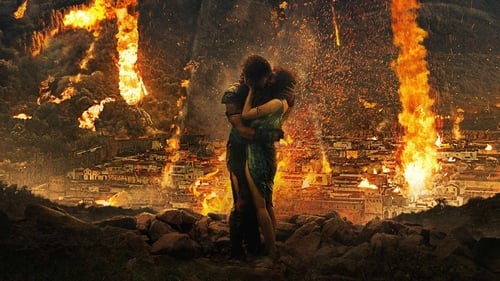
西暦79年の古代都市ポンペイ。奴隷戦士マイロは、富裕層の商人の令嬢カッシアと恋仲になるが、彼女にはすでに婚約者がいた。身分違いの恋に悩んだ彼は、自由を得るために街を去ろうとする。ちょうどその時ベズビオ火山が噴火を始め、マイロは愛する女性を救うために街に舞い戻る。
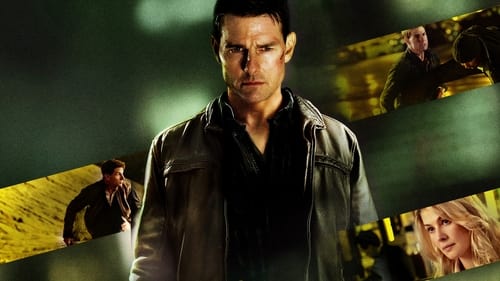
ペンシルベニア州ピッツバーグ、男が運転する白いバンがアレゲニー川沿いにあるPNCパークの対岸の立体駐車場に入り、駐車料金を払った後スナイパーライフルで無差別に人々を狙撃していく。すぐに警察が到着し、エマーソン刑事たちは薬莢と支払いに使われた硬貨を発見する。硬貨の指紋から元アメリカ陸軍のスナイパー、ジェームズ・バーが容疑者として浮上する。彼の家に突入するとバンと犯行に使われたライフルが見つかり、バーは逮捕された。

銀幕のセックス・シンボルと謳われ、謎の死を遂げた大スター、マリリン・モンローの知られざる恋愛秘話を映画化。ミシェル・ウィリアムズ演じるマリリンが、『王子と踊り子』撮影中に、第3助監督と恋に落ちる姿を描く。

